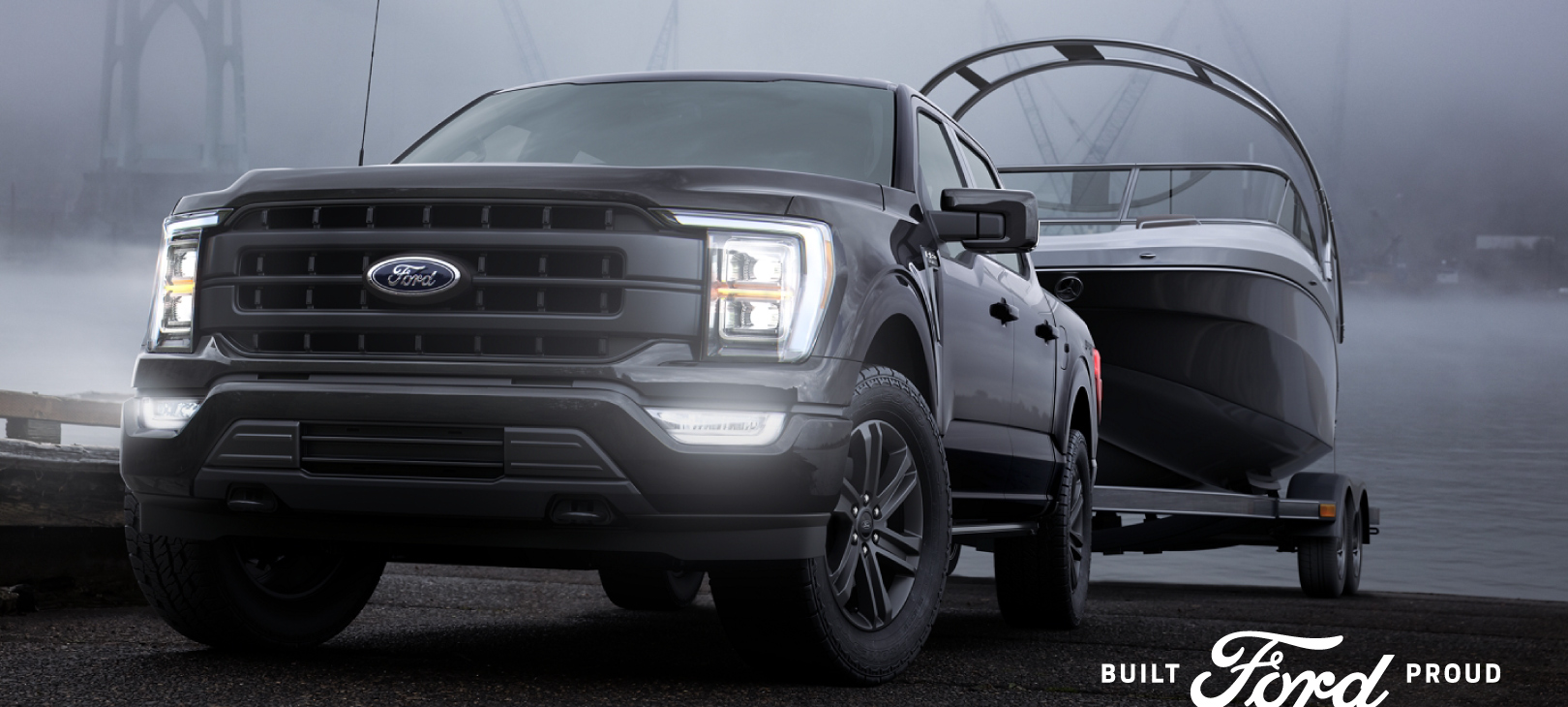Ford Motor Company Reduces CO2 Emissions
Sustainability is important to us, so we’re constantly looking for ways to make our business and our vehicles greener. That’s why we made a big statement in 2010, when we set an ambitious goal to reduce our global carbon dioxide emissions from manufacturing operations by 30 percent per vehicle produced by 2025. We didn’t simply achieve our goal—we surpassed it, reaching this milestone in 2018.
Our energy conservation work played a major role in attaining the goal eight years early. This included updating the paint on our walls, installing LED lighting, consolidating our plants and creating new, energy-efficient facilities. We’ve also made around 300 parts from eight sustainable materials which are featured in production vehicles: soy, wheat, rice, castor, kenaf (hibiscus), tree cellulose, jute and coconut. By using less energy, reducing waste and moving away from the use of fossil fuels, Ford has achieved a 228 million-pound reduction in CO2 since the switch to soybean-based foam in 2011–the equivalent to the carbon captured by four million trees in one year. This efficient, versatile foam adds plushness to seat cushions, seat backs and headrests in every North America-assembled Ford vehicle.
But for Ford, reducing emissions isn’t just about our manufacturing facilities—it’s also about the vehicles we produce. We look to reduce fuel consumption by offering hybrid and electric vehicles. The Focus Electric requires no gas whatsoever, offering a driving experience that’s completely emission-free. Plug-in hybrid vehicles give the option of being plugged in, or the option of running on gas; with the Fusion Energi, drivers enjoy the best of both worlds. And with the capability to seamlessly switch between gas, electric or a combination of the two, our C-MAX Hybrid and Fusion Hybrid lead the way.
Eco-friendly vehicles don’t have to be compact. We’re proud to feature several trucks in our lineup that run on diesel fuel, which creates fewer emissions than regular fuel. Currently, we offer diesel models of the Ford F-150, Ford F-250 Super Duty, Ford F-350 Super Duty and Ford F-450 Super Duty.
In the future, we’ll continue to develop vehicles in an innovative, sustainable way. All eyes are on the 2019 Ford Ranger, which will offer an available diesel engine upgrade. And in 2020, we’ll see the first all-electric Ford SUV. We’re also working on setting our next big sustainability goal, which will focus on increasing our use of renewable energy. For more information, visit sustainability.ford.com.




